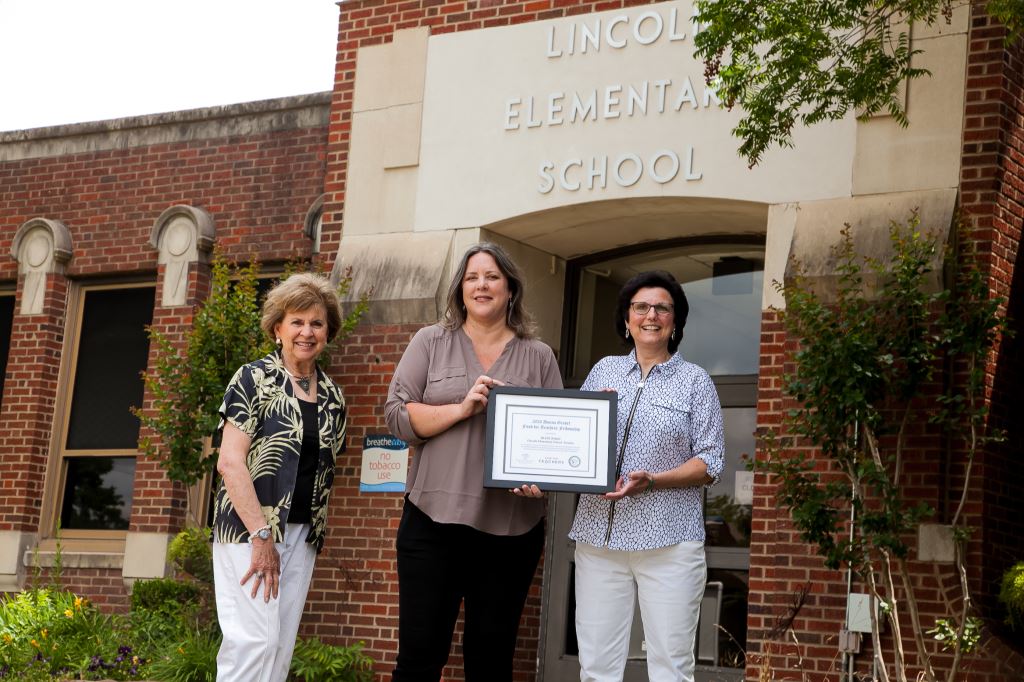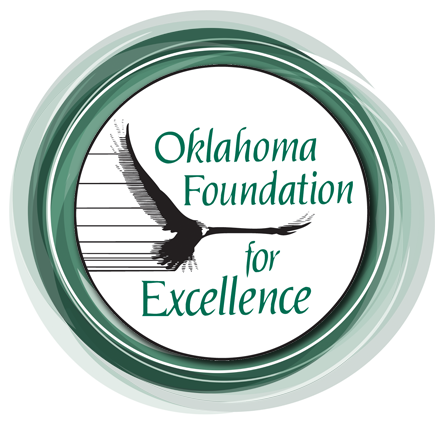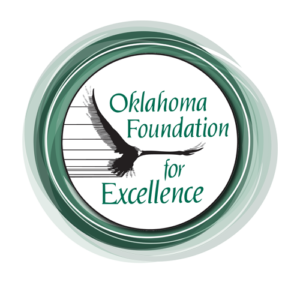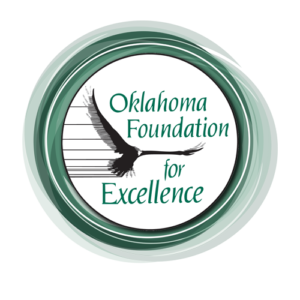Teacher Selected for Proposal to Help Students Fight Food Waste
Diane Wood, gifted resource coordinator at Norman’s Lincoln Elementary School, has been named the inaugural recipient of the Donna Gradel Fund for Teachers Fellowship, which recognizes a teacher whose innovative, self-designed professional development will help students become problem solvers and world changers.
The fellowship is named in honor of two-time Fund for Teachers Fellow Donna Gradel, a Broken Arrow High School environmental science teacher, whose own fellowships paved the way for student projects providing clean water and high-protein foods for Kenyan children suffering from protein deficiency. Gradel’s problem-solving and service-learning approach to teaching led her to be recognized as an Oklahoma Medal for Excellence winner, Oklahoma’s 2018 Teacher of the Year and a top-four finalist for National Teacher of the Year.
Wood is one of 37 Oklahoma educators selected to receive 2020 Fund for Teachers fellowships, which provide self-designed professional development opportunities in locations around the world. Among those Fellows, the Oklahoma Foundation for Excellence selected Wood as the recipient of the 2020 Gradel Fellowship because her proposal “best exemplifies Gradel’s vision of inspiring teachers and students to identify real-world problems, design and implement solutions, and to inspire others to seek lasting change,” said Emily Stratton, executive director of the Oklahoma Foundation for Excellence. “Wood’s planned fellowship – learning about responsible food production and consumption in Italy – will help her students explore ways to reduce food waste at school and in the community and make healthier, more environmentally friendly food choices.”
Wood’s fellowship – deferred till summer 2021 because of COVID-19 – will take her on an 18-day journey through Italy to investigate the Italian Slow Food Movement, which seeks to prevent the disappearance of local food cultures and traditions; counteract the rise of fast food; and combat people’s dwindling interest in the food they eat, where it comes from and how it impacts the world around us. She will also explore the European Union’s plan to end food waste, examine Italian school cafeteria standards and gain firsthand experience in organic farming and sustainability practices. Her research is inspired by an interest in the United Nations 2030 Sustainable Development Goals, which address such global issues as ending poverty, improving health and education, and protecting the environment.
“The primary goal of my fellowship is to be able to offer my students service-learning and project-based learning that are centered around the Sustainable Development Goals,” Wood said. “How can I get students to think seriously about eating, a daily activity most of us do mindlessly? What choices can we make personally to consume responsibly? What can we do to attack the food waste problem at our school? What are the ways we can work toward the Sustainable Development Goals locally and serve our community? How can we become more globally competent citizens?”
Wood plans to use her experiential learning to inspire her Pre-K through fifth-grade students to design projects that address these questions and implement solutions by engaging in community partnerships with local nonprofits. She also plans to connect her students with peers at Eco Schools in Italy via Skype and Google Classroom to collaborate on global learning activities.
“I foresee great development of school-community partnerships and activism as my students work on passion projects that focus on Sustainable Development Goals,” Wood said. “I have found that involving students in real world problem-solving provides the rich and cognitively complex learning experiences they crave.”
Oklahoma Fund for Teachers grants are made possible through a partnership between the national nonprofit Fund for Teachers, the Oklahoma Foundation for Excellence and the Tulsa Community Foundation. An Oklahoma Tribal Alliance, which began supporting the program last year, has expanded its support this year to help increase the Oklahoma fellowship funding to its highest level in five years. Additional funding was provided by the Stuart and Temple Foundations of Tulsa. The program awards grants of up to $5,000 for individual teachers and up to $10,000 for teams of two or more educators for self-designed summer professional development experiences.
Since 2002, more than 1,000 Oklahoma teachers have received Fund for Teachers grants totaling more than $3.6 million. In 2006, Oklahoma became the first state in the nation to offer grants to educators statewide when the Oklahoma Foundation for Excellence joined Fund for Teachers and the Tulsa Community Foundation as state partners. Fund for Teachers fellowships empower teachers to explore their academic passions, deepen their scholarship and enhance their craft, said Karen Eckhoff, executive director of the national nonprofit organization.
“Through experiential learning, bold experimentation and the realization of personal ambition, teachers are better equipped to impart tools and skills which serve their students far beyond the boundaries of the classroom,” Eckhoff said. “Fund for Teachers knows that good teachers become great teachers when they have the resources to explore their subject matter in the real world and translate it to their students and communities.”





